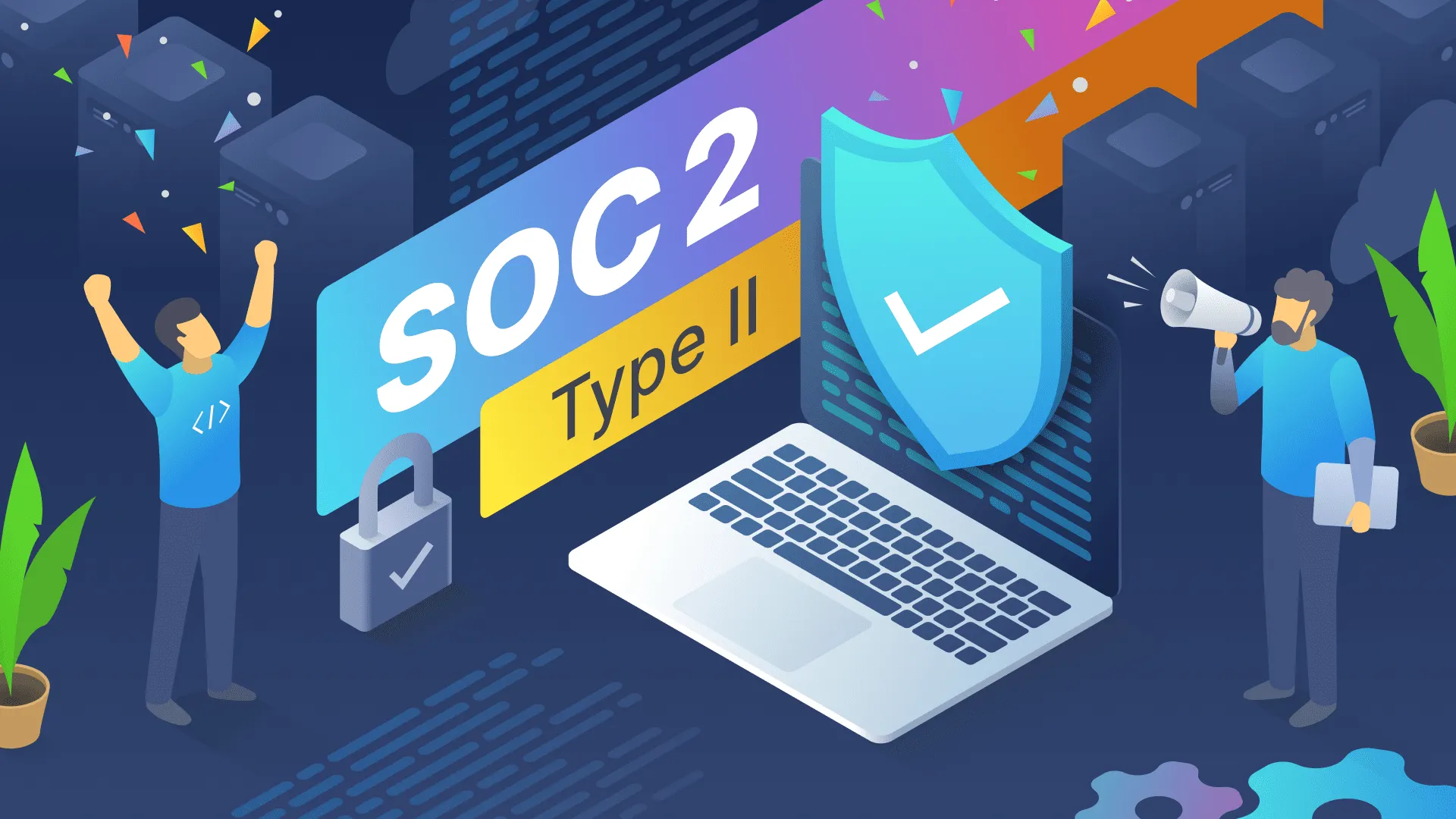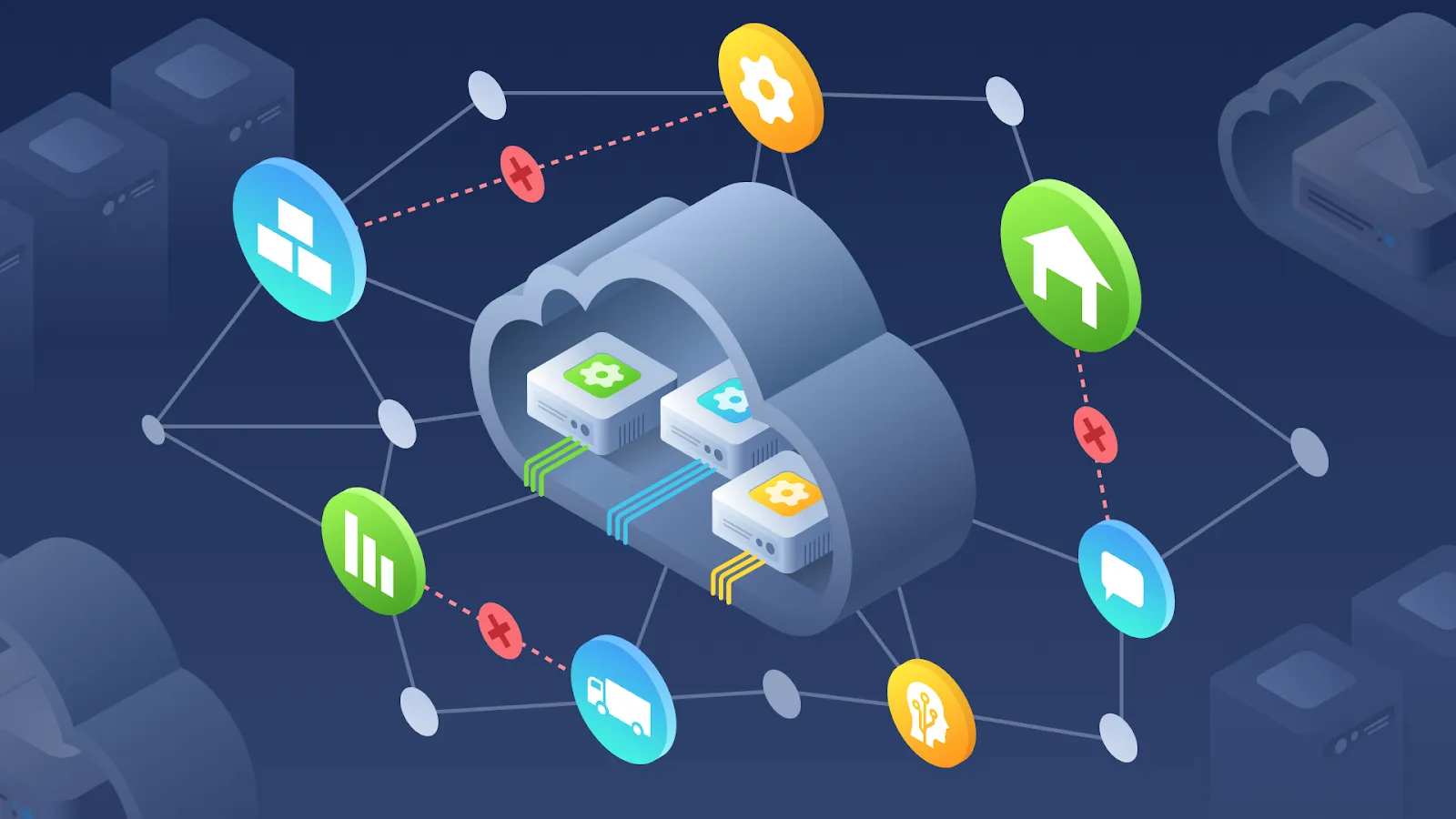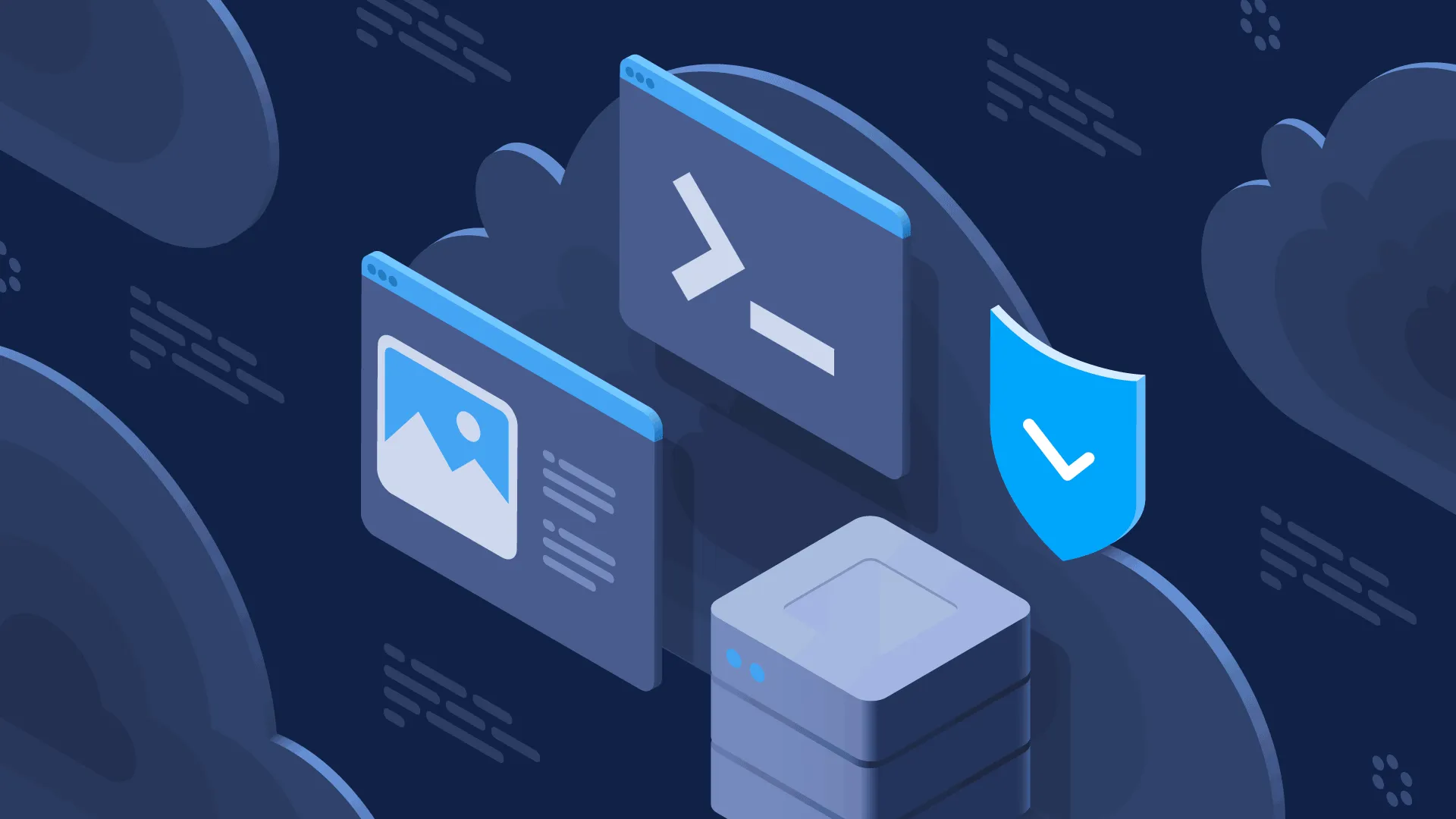Today, the fast-paced business world puts companies in a situation where they must decide whether to keep their software development projects in-house or outsource them to an external team. This dilemma is often tricky to solve because of the various converged factors, such as cost-efficiency, expertise, and strategic goals. But since tech constantly advances and client demands change, making the correct decision will significantly impact your business growth.
According to Computer Economics, about 60% of organizations use an outsourcing model for application development. Meanwhile, Clutch reports that 24% of small businesses prefer outsourcing, aiming to increase efficiency as the number one reason. These statistics show that partnering with an external vendor can benefit organizations of different types and sizes.
But is outsourcing a perfect choice in all cases? How to decide if your company should hire external teams? And what software development services are better to outsource? The good news is that this article will answer these questions. We have explored various factors that can encourage outsourcing or choosing in-house development and describe the most popular services businesses get from external teams. Enjoy!
Outsourcing vs In-House Development: Which One to Choose?
To make this critical decision, you should define your project objectives, analyze unique circumstances, and understand existing constraints. You may consider the factors below to get the most out of it.
Reasons for Outsourcing
- Access to Specialized Talents. Outsourcing will bring experts with specific skills, tech and domain knowledge that your in-house developers may lack.
- Cost Efficiency. With an outsourcing model, there is no need for your company to hire and maintain a full-time in-house team, which is always a cost-effective move.
- Scalability. Outsourcing enables your business to scale up or down the dev team following project needs. That provides significant flexibility and helps save money.
- Faster Time to Market. Partnering with an external team allows for accelerating project timelines as you can leverage a larger talent pool.
- Risk Mitigation. When you outsource the project to a vendor with a proven track record, you will minimize project risks and guarantee compliance with all regulations.
- Focus on Core Functions. The proper software development outsourcing enables your company to focus more on the core competencies and strategic business goals.
Reasons for In-House Development
Sometimes, you may decide not to outsource and keep using your in-house development team. This approach can benefit your organization if you want to get the following:
- Control and Ownership. Your in-house team gives you more direct control over management and development activities and intellectual property.
- Privacy and Security. If your project covers sensitive information, it can be better to apply in-house software development to control data security appropriately.
- Cultural Alignment. You can maintain seamless collaboration as your in-house developers are already integrated into your company’s culture and values.
- Utilization of Existing Resources. It can be more cost-effective to leverage the expertise of your in-house team if they have the necessary skills and experience.
- Customization. Your in-house software engineers can seamlessly tailor solutions to satisfy your specific needs, eliminating the limitations of an external vendor.
- Constant Dedication. Since your in-house developers are always dedicated to your relevant project, they can immediately react to changing requirements.
After all, in some cases, you can implement a hybrid approach by combining the expertise of your in-house and outsourced teams.
How to Decide Whether You Should Outsource?
Deciding whether your business should develop projects with the help of an outsourcing partner is a significant move. Here are some valuable tips that can assist you:

- Define Project Goals. Clearly defining your project objectives is crucial to knowing what final results you aim to obtain regarding functions, quality, time, and money.
- Evaluate Internal Expertise. You must start by assessing your in-house capabilities to understand the existing skills gaps and what external support the project requires.
- Analyze Project Complexity. If your project is incredibly specialized or needs skills in emerging techs, outsourcing to a relevant vendor can be more effective.
- Consider Resource Scalability. Outsourcing empowers you to quickly scale up or down your dev team, which is perfect if your project has changing workloads.
- Determine Budget Constraints. Comparing outsourcing costs and costs necessary to hire in-house engineers is vital, especially regarding salaries and advantages.
- Assess Risks. Determine the risks related to your project (like technical challenges) to understand if an outsourcing vendor can address them adequately.
- Pay Attention to Security and Compliance. If you deal with sensitive data, ensure your potential vendor meets all the compliance requirements and rules.
- Engage Stakeholders. Consult with project stakeholders and collect their input to improve decision-making and ensure project alignment with business goals.
- Select a Vendor. Choose your partner carefully, as they must have expertise in the required domain, technology, and services. Exploring their track record, case studies, and client references is essential here.
- Begin with a Pilot Project. Before using outsourcing widely, try with a small pilot project. That helps evaluate your vendor’s skills and performance.
- Monitor the Progress. Even in the case of pilot projects, you must track the work quality and progress to know whether your project will meet goals and budget.
- Give Feedback. Your company should be open to providing an outsourcing partner with feedback, as it can be crucial for maximizing the pros of this model.
Finally, following these tips will help you understand whether outsourcing perfectly matches your software development project. Thus, you can make an informed decision, select the right vendor, and outsource your needed services.
Top-15 Software Development Services You Should Get from Outsourcing Companies
After considering the key “for” and “against” outsourcing and analyzing several helpful tips regarding making a relevant, informed decision, it is time to discuss software development services modern businesses outsource the most frequently. So, let’s check them below.
Web Development
When developing web solutions, here are the two most widely used services:
- Front-end development. That covers creating UI/UX (user interface and user experience) for your website or web app. Front-end software engineers utilize techs such as HTML, CSS, and JavaScript. These technologies are crucial for designing and implementing responsive, aesthetically pleasant, intuitive interfaces. Meanwhile, such engineers aim to guarantee accessibility and functionality through different devices and browsers.
- Back-end development. Here, back-end engineers work with the server side of web-based applications. They are responsible for building the logic, databases, and APIs (application programming interfaces), enabling the server and the front-end to process, store, and communicate information. In back-end software development, programmers mostly use Python, Ruby, Node.js, and Java.
Mobile App Development
When it comes to mobile app development, there are three critical options:
- iOS app development. iOS developers are focused on building apps for Apple’s iOS platform. The latter covers iPhone, iPad, and Apple Watch. Such software engineers utilize Swift and Objective-C to develop native iOS applications. These are famous for their efficient performance and easy integration with the entire Apple ecosystem.
- Android app development. Designing and developing apps for Android devices, including smartphones, tablets, and smart TVs, is what Android programmers work on. To do that effectively, they apply programming languages like Java and Kotlin. These languages are robust enough for building user-friendly apps with numerous features and satisfy different Android audiences.
- Cross-platform app development. This type of software development enables the creation of mobile apps that work on different operating systems. Such apps use a single codebase. Here, programmers prefer utilizing techs like Flutter, React Native, and Xamarin to create both iOS and Android apps. This approach helps reduce development time and cost significantly.
Custom Software Development
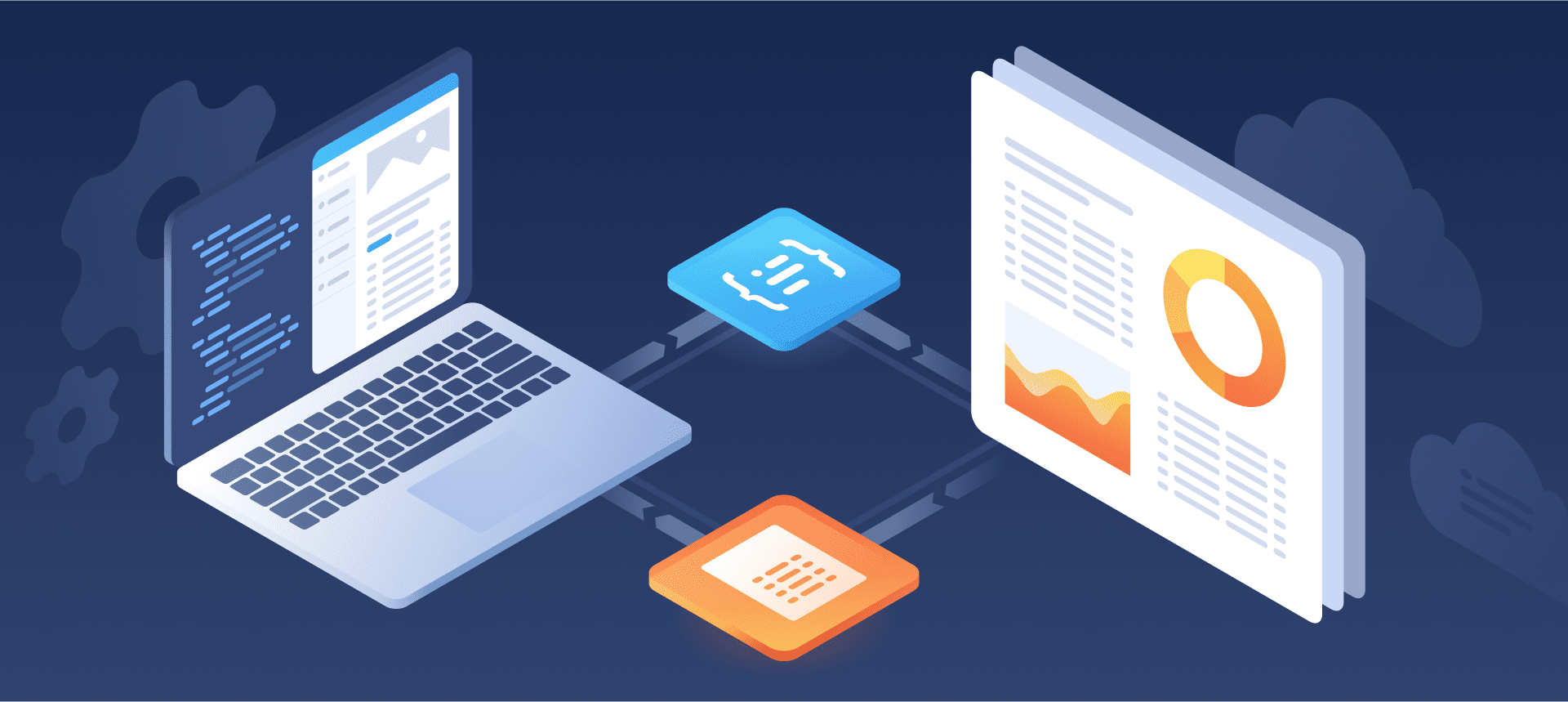 Custom software development means building tailored software products that meet your specific business requirements. The relevant solutions include a broad range of applications for different market sectors, from enterprise resource planning (ERP) tools to customer relationship management (CRM) systems. But what are the most popular programming languages here? The choice will depend on your project requirements and objectives.
Custom software development means building tailored software products that meet your specific business requirements. The relevant solutions include a broad range of applications for different market sectors, from enterprise resource planning (ERP) tools to customer relationship management (CRM) systems. But what are the most popular programming languages here? The choice will depend on your project requirements and objectives.
e-Commerce Development
Online stores and marketplaces are the result of proper e-commerce development. Such software solutions aim to facilitate the purchasing and selling of different products and services online. Besides, many well-known e-commerce platforms, including Magento and Shopify, provide customizable capabilities for businesses. Thus, the latter can ensure their online presence and efficient management of financial transactions.
Blockchain Development
Blockchain programmers develop decentralized applications (DApss) and other blockchain-based software solutions. For instance, they can use specific blockchain techs like Ethereum and Hyperledger to create secure and transparent platforms for fintech, logistics, or healthcare industries.
AI & ML Development
AI (artificial intelligence) and ML (machine learning) development involve creating apps leveraging relevant algorithms. The most famous software products in this realm include chatbots to provide client support, recommendation systems to offer personalized content, and predictive analytics to make informed decisions.
Cloud Computing Services
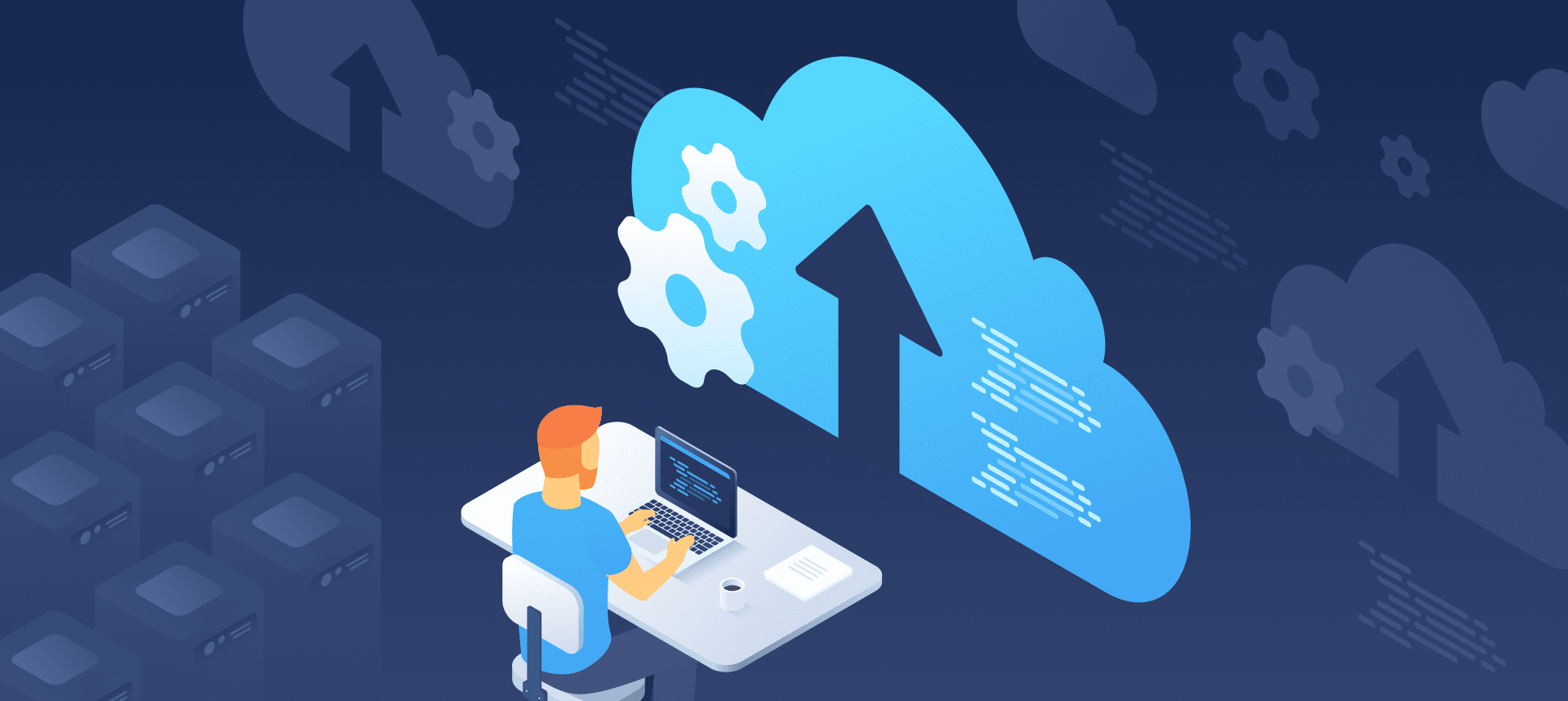 These services encompass app migration to the desired cloud platforms such as AWS (Amazon Web Services), Microsoft Azure, or Google Cloud. Also, they may require developers to optimize cloud infrastructure, create scalable and cost-effective software solutions, and build cloud-native apps. With robust cloud computing services, you will always take full advantage of utilizing cloud resources.
These services encompass app migration to the desired cloud platforms such as AWS (Amazon Web Services), Microsoft Azure, or Google Cloud. Also, they may require developers to optimize cloud infrastructure, create scalable and cost-effective software solutions, and build cloud-native apps. With robust cloud computing services, you will always take full advantage of utilizing cloud resources.
IoT Development
IoT (Internet of Things) developers build software that allows for effectively connecting and managing IoT devices. Such development often covers creating IoT platforms, mobile apps for smart home systems, industrial IoT solutions to monitor and control equipment, etc.
Cybersecurity Services
The development and implementation of security measures are the core of these services, focused on protecting software and information from hacker attacks and other cyber threats. They can also involve assessing vulnerability, conducting penetration testing, auditing security, and developing secure software architectures.
Data Analytics and BI Services
Such services deal with the collection, analysis, and visualization of information, providing decision-makers with valuable insights. Companies use data analytics and BI (business intelligence) services to streamline operations, enhance customer experiences, and get a competitive advantage.
DevOps and CI/CD Services
DevOps (development and operations) practices aim to automate developing software and deploying pipelines. That helps improve cooperation between dev and operations teams. The particular services also include setting up CI/CD (continuous integration and continuous delivery) pipelines, IAC (infrastructure as code), and specific monitoring and logging tools.
QA/QC Services
QA/QC (quality assurance and quality control) services guarantee your software’s reliability and proper work. They may involve manual and automated testing, test case design, test planning, performance testing, etc. Such practices are crucial for identifying and fixing defects and ensuring an adequate user experience.
UI/UX Design Services
As mentioned above, UI/UX design is essential for developing visually appealing interfaces. Thus, web and mobile app designers are responsible for user research, creating wireframes and prototypes, and user testing. Such tasks enable them to provide intuitive and engaging customer experiences.
Maintenance and Support Services
Software maintenance and support require your outsourcing partner to provide constant updates, fix bugs, and ensure tech support for your existing apps. These services help keep your software updated and make it always functional and secure.
Legacy Software Modernization Services
Legacy software modernization is when your vendor updates or migrates outdated systems and tools to modern techs and architectures. That will empower you to enhance software performance and security and, at the same time, preserve necessary data and functions.
Final Word
To conclude, your decision to outsource or develop your projects with an in-house team will never become a one-size-fits-all solution. That is because your choice will depend on many critical factors, like project goals, complexity, budget constraints, timelines, and internal expertise. But now, you have the necessary knowledge to understand whether it is time for your business to try. And if yes, you can define what relevant outsourcing services from an experienced vendor you need to complete your software development project appropriately.
Need help with your cloud architecture?
Schedule a Free Consultation


